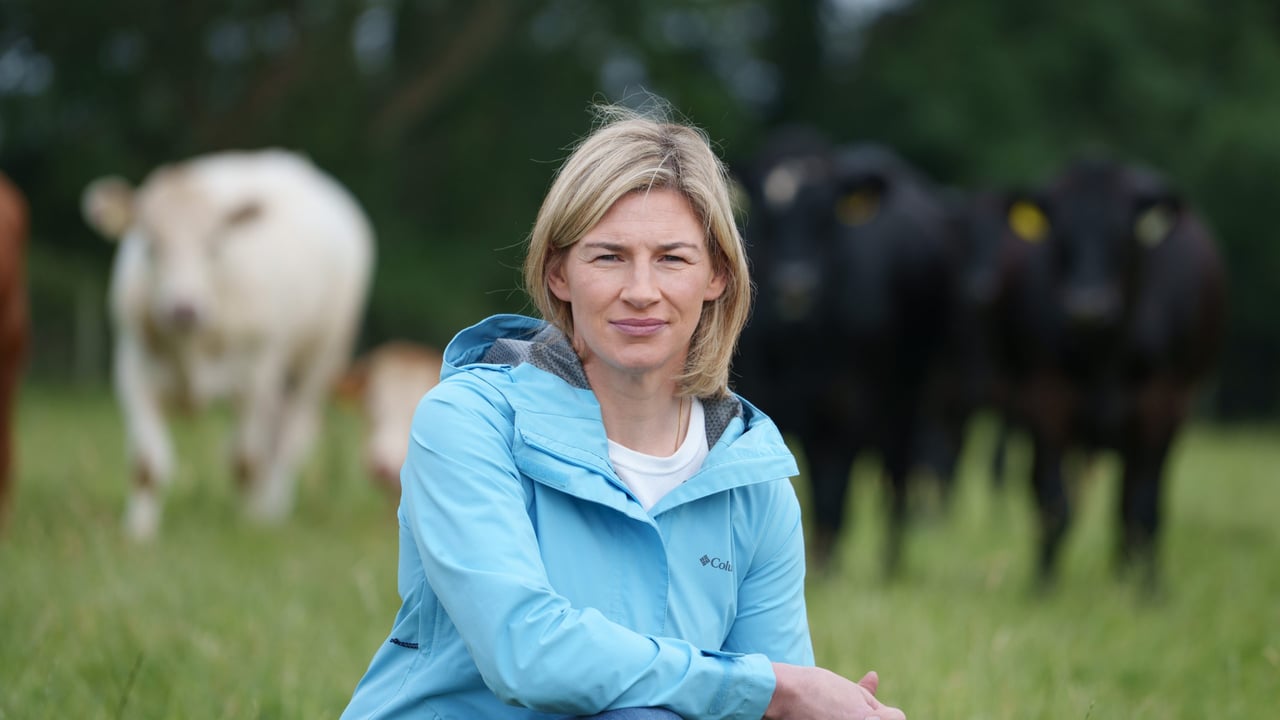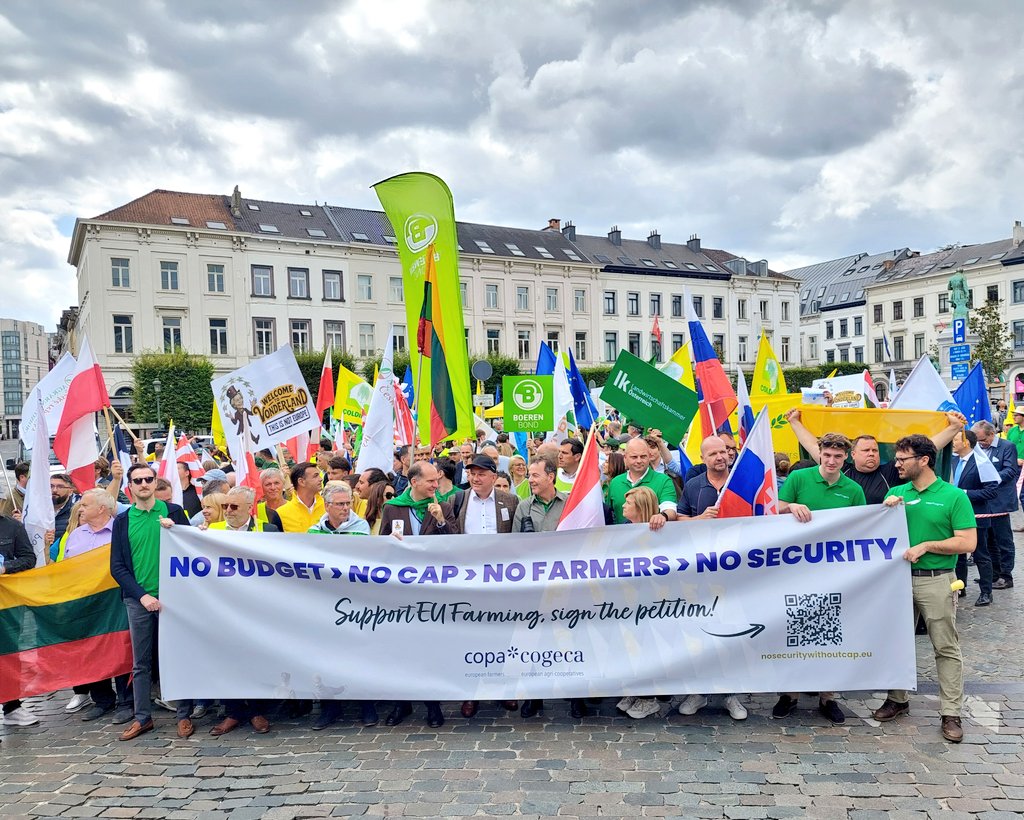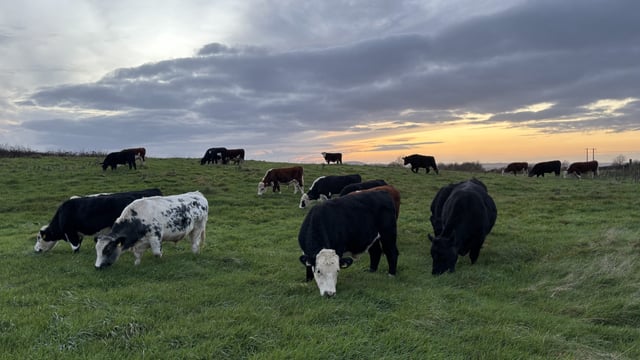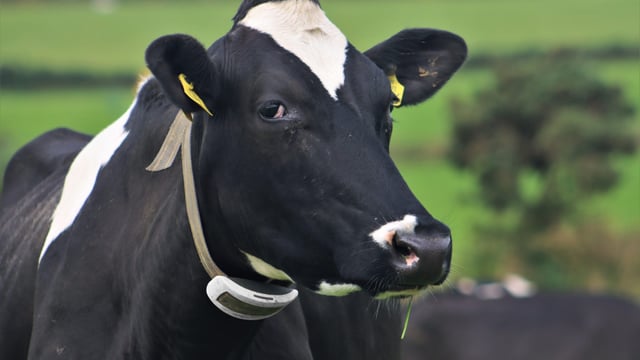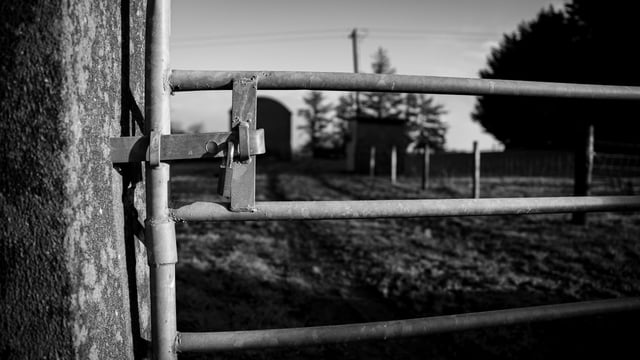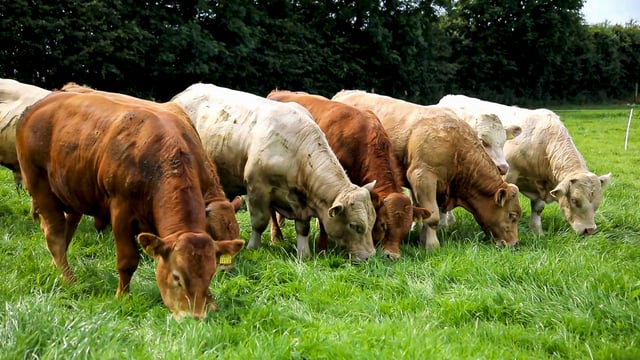MEP: Commission proposes 'rural target' in budget 'concessions'
Fine Gael MEP Nina Carberry has welcomed the European Commission's move to "back down" on some of the most controversial elements of the proposed EU budget.
In July, the commission presented details of the next Multi-Annual Financial Framework (MFF), or long-term EU budget for 2028-2034 which totals €2 trillion.
However, the commission's proposed fundamental redesign of the EU budget, which it said will be "more streamlined, flexible and impactful" was met with opposition.
There has been particularly strong criticism of the proposal to bring together existing funds for agriculture and regional development into National and Regional Partnership Plans.
Some of the largest political groups in the European Parliament had threatened to vote against the budget unless their concerns about payments for farmers were addressed.
Commission
Following a meeting between EU Commission president Ursula von der Leyen and European Parliament president Roberta Metsola, the commission has offered to make some legal changes to the text of the next long-term EU Budget.
In a post on social media, Ursula von der Leyen described the meeting as "constructive".
"We have clarified and strengthened our objectives in three key areas: Securing the role of the regions, reinforcing the identity of the Common Agricultural Policy (CAP) and enhancing governance.
"We now have a solid understanding of the proposals and a clear path forward. I look forward to the debate at the European Parliament on Wednesday," she said.
MEP Nina Carberry described it as “an important step in the right direction” which she believes "likely opens the door to meaningful negotiations on the EU’s next multi-trillion-euro budget".
She said the measures include adding a new ‘rural target’ to deliver an additional 10% boost to agriculture and rural development funding, providing greater oversight for regional authorities and enhancing the parliament’s powers to scrutinise financing and implementation.
Carberry, the only Irish MEP on the EU Parliament’s Budget committee, said the commission has also offered to adjust elements of the CAP by moving certain provisions from the national and regional partnership plans into sectoral CAP legislation.
“The commission’s concessions mark a shift. However, this is only the beginning of the process, we will need time to analyse the new proposals and let’s be clear - not all of parliament’s concerns have been fully addressed.
“We are in a better place than we were last week, but we have a long road to go yet before we will be satisfied with the overall proposal.
"The next EU budget will not come into force until 2028, and the overall scope and size of the package will be determined over the next two years of negotiations," she said.
The Midlands–North-West MEP said the parliament’s budget committee will examine in detail the national plans, along with elements of the CAP in the coming weeks.
Farmers
Copa Cogeca said that "marginal adjustments to the MFF and CAP fall far short of what is needed to safeguard farmers’ livelihoods and EU food security".
The umbrella organisation representing European farmers and agri-cooperatives has outlined its concerns in a letter to MEPs.
"In our reading, the new concepts presented by the European Commission over the weekend are purely 'smoke and mirrors'," the letter states.
Copa Cogeca believes that "none of the proposed measures hastily put forward by the commission to appease parliamentary dissent meet the major challenges facing our sector, nor do they seem to grasp the true scale of the problem".
The organisation said "there is no change regarding the CAP share of the EU budget which remains at less than 15% of total EU expenditure with still a 20% lower budget than the current one (without considering inflation)".
It said that the proposal of a "rural target" does not compensate for the loss of the second pillar of the CAP.
It also believes the "single national plan" approach will lead to "massive and costly administrative reorganisation and complexity".
Copa Cogeca said that European farming organisations "call for an alternative that respects the very nature of the CAP".
"Farming organisations cannot understand how any member of the European Parliament could be satisfied with the letter sent by the European Commission president and the proposed changes.
"As such, the commission’s proposal appears to be an attempt to change things without changing anything," it said.

